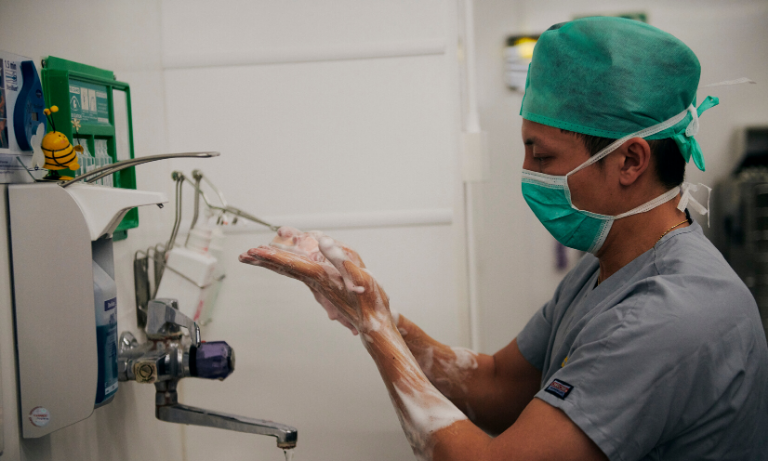The results of a new survey from the British Veterinary Association (BVA) has revealed that three-quarters of vets are concerned about stress and burnout in the profession as a result of Covid-19.
BVA polled members of the Voice of the Veterinary Profession panel in a survey to gauge how the profession is feeling about different aspects of veterinary life that may be affected by coronavirus six months after it took hold in the UK.
The 565 respondents ranked their levels of concern across health and wellbeing, finance and employment, students and new graduates, and animal health and welfare.
The top concerns are: Stress and burnout in the profession (74%); the provision of extra-mural studies (practical training) for vet students (72%); student and new graduate confidence (67%); stress and burnout amongst colleagues (67%); the impact of a recession on the veterinary sector (62%); and wildlife and zoo animal health and welfare in the medium term (62%).
Respondents were more concerned about stress and burnout amongst their colleagues (67% very or quite concerned) than the impact on themselves (45%), but more than half (58%) of small animal/exotics vets reported being concerned about their own stress and burnout.
And 95% of respondents had some level of concern (a little, quite or very) about the potential impact of a recession on the veterinary sector, with government, equine and charity vets most concerned.
Commenting, BVA President James Russell said the results ‘paint a worrying picture’ but that he’s ‘incredbly proud’ of the way the profession has adapted.
With regards to a second wave of the virus expected, Mr Russell added: “We know we are much better prepared and far more able to work safely to do our bit to tackle the spread of coronavirus. But it’s vital that we continue to support one another, as well as continuing the spirit of collaboration with neighbouring practices that helped us get through the height of the pandemic.
“We are reflecting on all the findings of the survey to make sure BVA is able to continue supporting the profession with all of the challenges of Covid-19 and we’re always keen to hear from members.”




